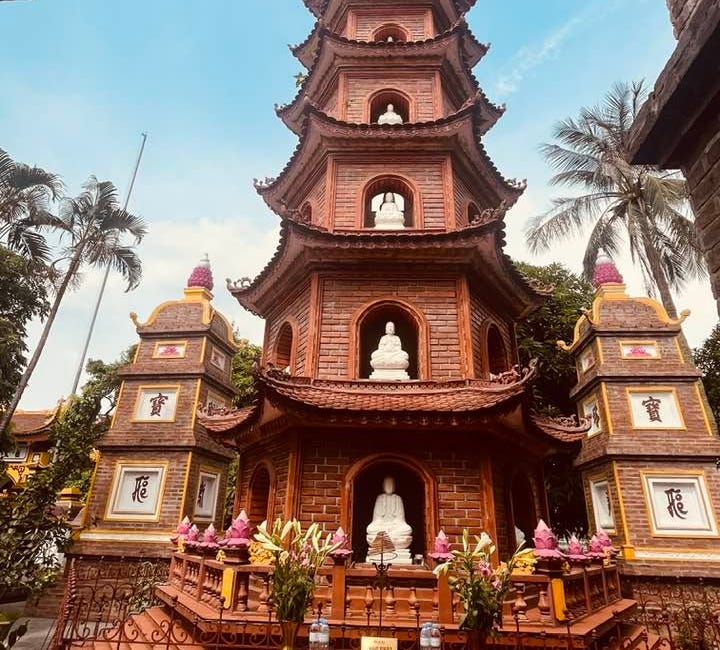Dear Reader,
January to August have been the busiest months I’ve navigated this year. It’s been challenging, tough and shattering in many ways. The tragedy is that we lost a family member though he fought bravely for his life. “Life is unpredictable,” a dear friend pinged me, and it touched a chord.
Meanwhile, I’ve been reading a mixed bunch of books, mostly Japanese fiction.
Follow @svarasbookshelf on Instagram if you enjoy reading books as much as I do.
Early this year, I read Radhika Oberoi’s novel ‘Stillborn Season’ which explores the 1984 anti-Sikh riots and massacres that shook Delhi, I experienced terrible grief.
As most Indians know, the riots in October 1984 paved the way for a kind of strange violence and unprecedented killing spree that found support at different levels, most particularly, at a political level, which shattered the trust, social harmony and lives of many ordinary citizens.
While there is no compelling protagonist that takes the story forward nor a clear plot line, the stories that drive the narrative of victims, perpetrators and others is a masterful stroke at bringing multiple views into a single story arc.
Simply put, the story is heart-wrenching. Makes you wonder why a country that won its freedom struggle through non violence did a U-turn in 1984 and saw it as a means of ‘teaching a lesson’ or ‘taking revenge’ on innocent people. There is no logic at all; whatever happened then and those who got away with mass massacre are barbaric.
Through the story, we get a closer glimpse of Delhi’s posh neighbourhood. Most residents were of the view that the rioters wouldn’t dare to step in. But the truth is more chilling. Violent rioters spilled out onto Delhi’s streets, killing innocent Sikh men and women. Some daring escapades happen, as the story shows with regard to a gentleman from South Delhi, whose life is saved by Amrit, his granddaughter’s quick thinking to put him up in an unusual disguise.
Perhaps childhood is a metaphor for fearlessness and innocence.
After the riots, life is never the same again. Those who were responsible for the riots were never punished, the book gently reminds us.
A disturbing scene pertains to a baffling food fetish that grips Hari, as part of a violent mob that attacks an upscale restaurant in Connaught Place. This added a chilling perspective to the narrative. All the man can think of is making more money! He doesn’t know why he is doing it but he needs the money, and that’s his story.
The way the writer concludes the book sprang a creative surprise that came with a strong shot of political satire - an interview that is given by the assassinated persona, in whose name the riots were triggered. That’s quite a compelling way to conclude!
Other Links To Read ……
- writes a thought-provoking essay establishing what we pay for and what we value are not the same thing. It explains how cultural production is incredibly valuable on a personal and social level, but a profit-oriented market may not value it as a profitable investment. A pertinent point she adds: Whether or not you fund someone else's work or many people's work, the money you spend is not a measure of how much you value the art and culture you enjoy.
- shares a precious conversation on Grief as a Portal.
Other news……
An insightful editorial column in The Hindu ‘The Politics of Humanitarian Aid’ penned by T.S. Tirumurti, former Ambassador/Permanent Representative of India to the United Nations and New York (2020-22) talks about how ‘there is no free lunch in geopolitics - even if it means starving millions to achieve one’s political or military goals.’ He cites how humanitarian aid for political ends in conflicts is as old as diplomacy itself. While many Western countries hoarded vaccines during Covid-19, India sent vaccines to over 100 countries and showed that not everything is hostage to realpolitik. While the West places itself on a pedestal and treats other countries with disdain, their actions in responding to global conflicts reveals their poor diplomatic intent and obvious doublespeak.
Jaipur’s new ‘Museum of Meenakari Heritage’ (MOMH) prepares you for a journey that dates back to the 15th century. It spans more than 500 years of global linkages and indigenisation. For instance, Goan jewellers were sent to Portugal to learn jewellery setting techniques and the raw materials that came from Europe, especially the vitreous glass from Murano in Venice, as during this time, jewellery was being enameled in the front and back in Europe. These facts are sourced from the Sunday Magazine’s backpage of ‘The Hindu’ on March 31st, 2024.
last quote
All emotion, all relationship is just illusion. Bodies, personalities, astrological signs, souls - it’s all just yourself dancing with yourself, by making you believe that you are separate. - Ram Dass
Dear Reader, I’m grateful you read my newsletter. Thank you for your support!







Thanks so much for the share :)
I actually used to live in Delhi, am (with some trepidation! it sounds intense) am going to add your book recommendation to my list! I'll be back in India this winter (though just in the South), so have a hefty reading list I'm going to be working through.